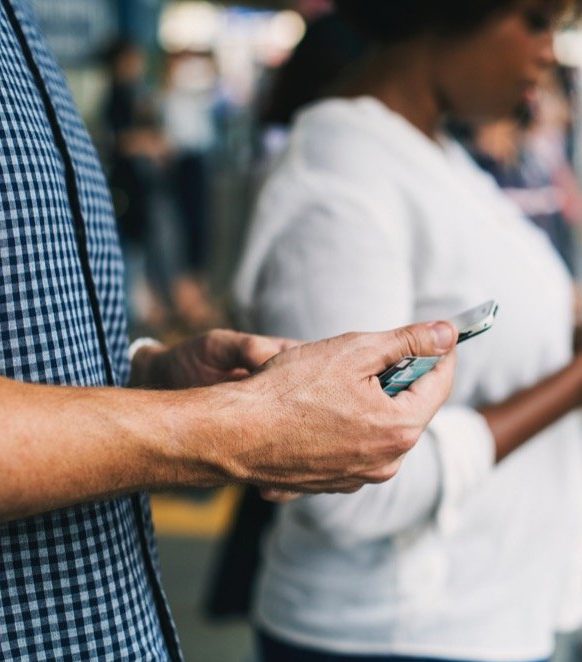
Wednesday, March 21, 2018
Recently, our office has received alerts of an uptick in spoofing calls. Spoofed calls are when a call appears to be coming from one number, but in reality, is coming from a scammer with a different phone number. Your caller ID may say that an incoming call or text is coming from a local phone number, your own number, or the number of someone you know, but it’s a scam call. Scammers use spoofing to hide their identity and convince people that they are legitimate or representing a legitimate business or financial organization, then they ask for personal details or financial information.Spoofing for the purposes of defrauding or causing harm is illegal. However, because many scammers who spoof calls are located overseas, current regulations make it difficult for law enforcement to track down and stop these callers or for telecomm companies to block these calls. In July, Attorney General Josh Stein joined 29 other attorneys general in urging the FCC to enact rules that would allow telephone providers to block several types of spoofed calls.Please read about ways to reduce telemarketing calls and avoid falling victim to consumer scams. It’s important to verify who you’re speaking with, and never share personal or financial details unless you’re absolutely certain of the caller’s identity.If you think you or someone you know has been the victim of a spoofing call, please report it to our Consumer Protection Division at 1-877-5-NO-SCAM or file a complaint online. You can also file a complaint with the FCC and FTC.
